Oh Snap: 10 Memorable Political One-Liners
Zing!
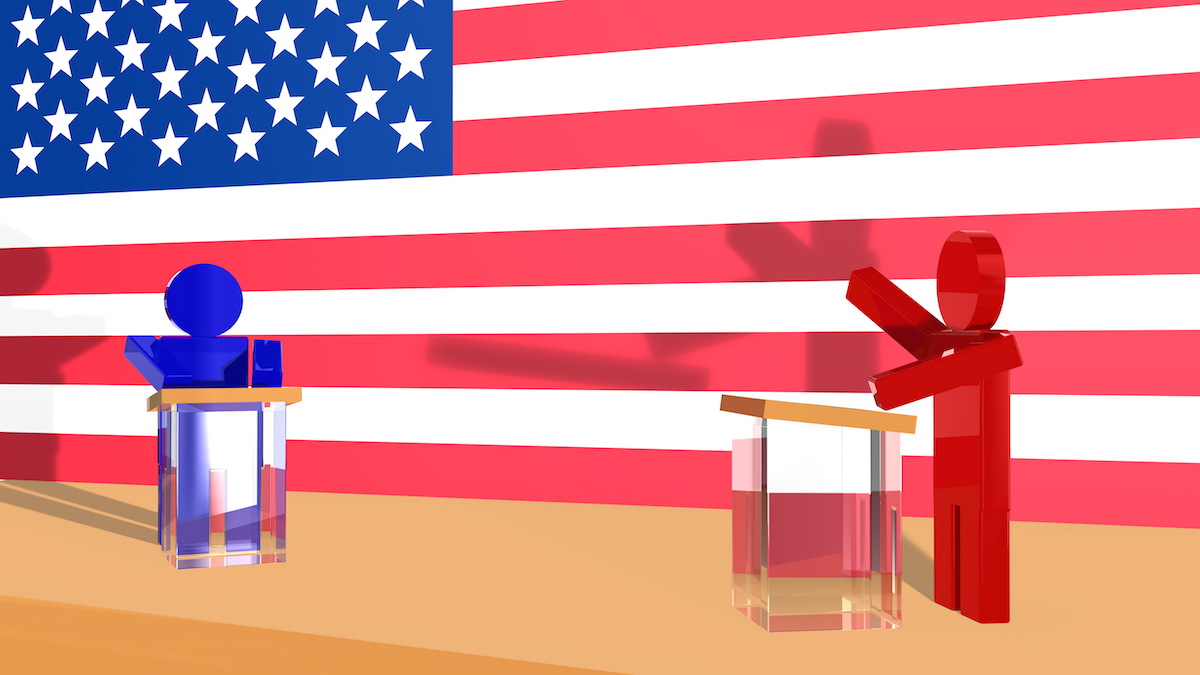
Politicians want their words to stick in voters' minds, and sometimes that means dispensing with niceties. A good political insult not only takes a rival candidate down a notch or two, but marks its maker as witty and bold. Research on incivility between candidates indicates that rude exchanges might lower the public's trust in the political process and politicians in general. But never mind that — here is a collection of some of the cruelest jibs in American history.
A superabundance of secretions
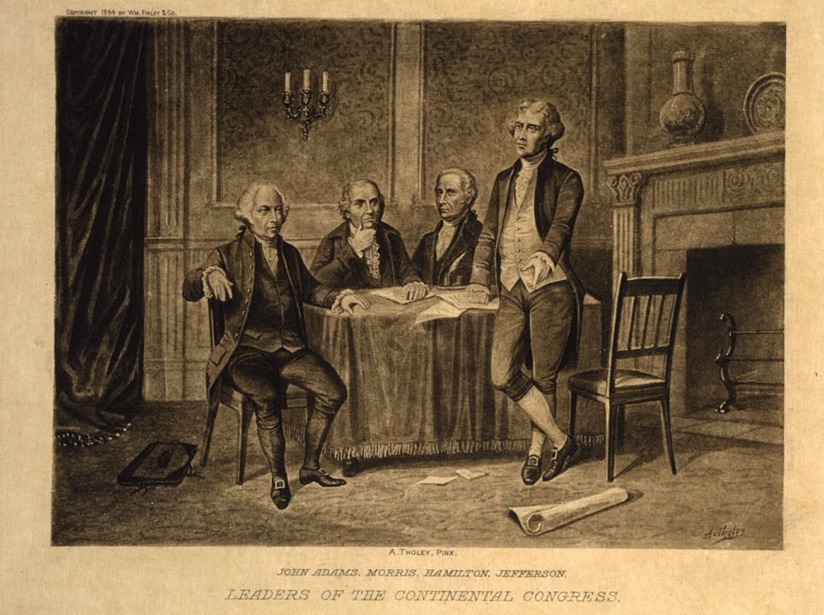
Low-down dirty politics started early in American history. President John Adams hated Alexander Hamilton, the first secretary of the treasury under George Washington — and John Adams could wield an acid pen when he wanted to. Adams wrote in an 1806 letter that Hamilton's political plans arose "from a superabundance of secretions, which he could not find whores enough to draw off."
Granted, Hamilton hadn't done much to engender Adams' good will. In 1800, he wrote a 58-page pamphlet entitled "Letter from Alexander Hamilton, Concerning the Public Conduct and Character of John Adams, Esq. President of the United States." It was not complimentary. [The Strangest Political Elections in US History]
Adams "is a man of an imagination sublimated and eccentric; propitious neither to the regular display of sound judgment, nor to steady perseverance in a systematic plan of conduct; and I began to perceive what has been since too manifest, that to this defect are added the unfortunate foibles of a vanity without bounds, and a jealousy capable of discoloring every object," Hamilton wrote.
A slur upon the moral government of the world
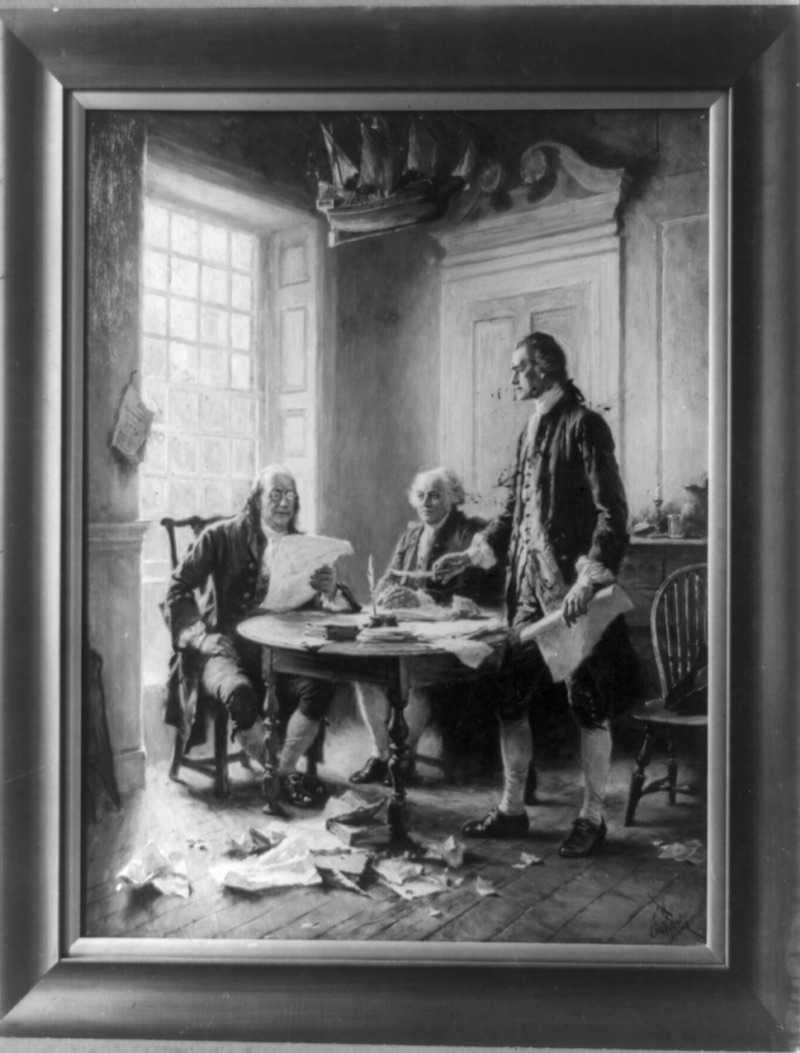
John Adams and Thomas Jefferson were close friends, but when Jefferson ascended to the presidency, politics interfered. Adams made a number of last-minute appointments to undermine Jefferson's authority, according to the Thomas Jefferson Foundation, and the two stopped speaking for years. Eventually, the two men rekindled their correspondence, but the memory of that time stuck in the craw of John Adams' son John Quincy Adams, the fifth president of the United States. [Everything You Need to Know About Democracy]
According to "The Remarkable Education of John Quincy Adams" (Palgrave Macmillan 015), the younger Adams would later re-read Jefferson's papers from that era and write bitterly in his diary: "His success through a long life, and especially from his entrance upon the office of Secretary of State under Washington until he reached the Presidential chair, seems, to my imperfect vision, a slur upon the moral government of the world."
Presidential regrets
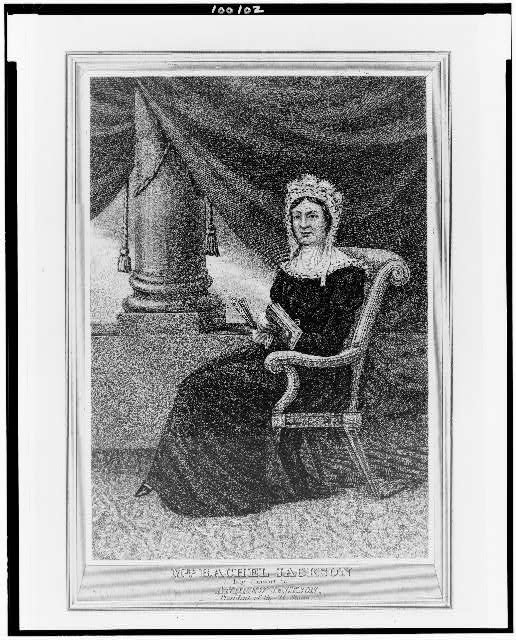
Andrew Jackson clashed with many people during his tempestuous life, including a rival plantation owner named Charles Dickinson, whom he killed in a duel. In 1824, Jackson won the presidential popular vote, but lost the presidency to John Quincy Adams because of the quirks of the electoral college, a situation Jackson deemed a "corrupt bargain." In the next election, Jackson won, but not until after a mudslinging contest that saw his wife Rachel accused of bigamy. She died of a heart attack right before his inauguration in 1828, and Jackson vowed never to forgive "her murderers." [The 10 Weirdest Inaugurations in US History]
Get the world’s most fascinating discoveries delivered straight to your inbox.
Time did not mellow this most pugnacious of presidents. Upon leaving office in 1837, Jackson cited two regrets, both involving inflicting bodily harm on rivals: that he "had been unable to shoot Henry Clay or to hang John C. Calhoun."
Homeopathic pigeon soup
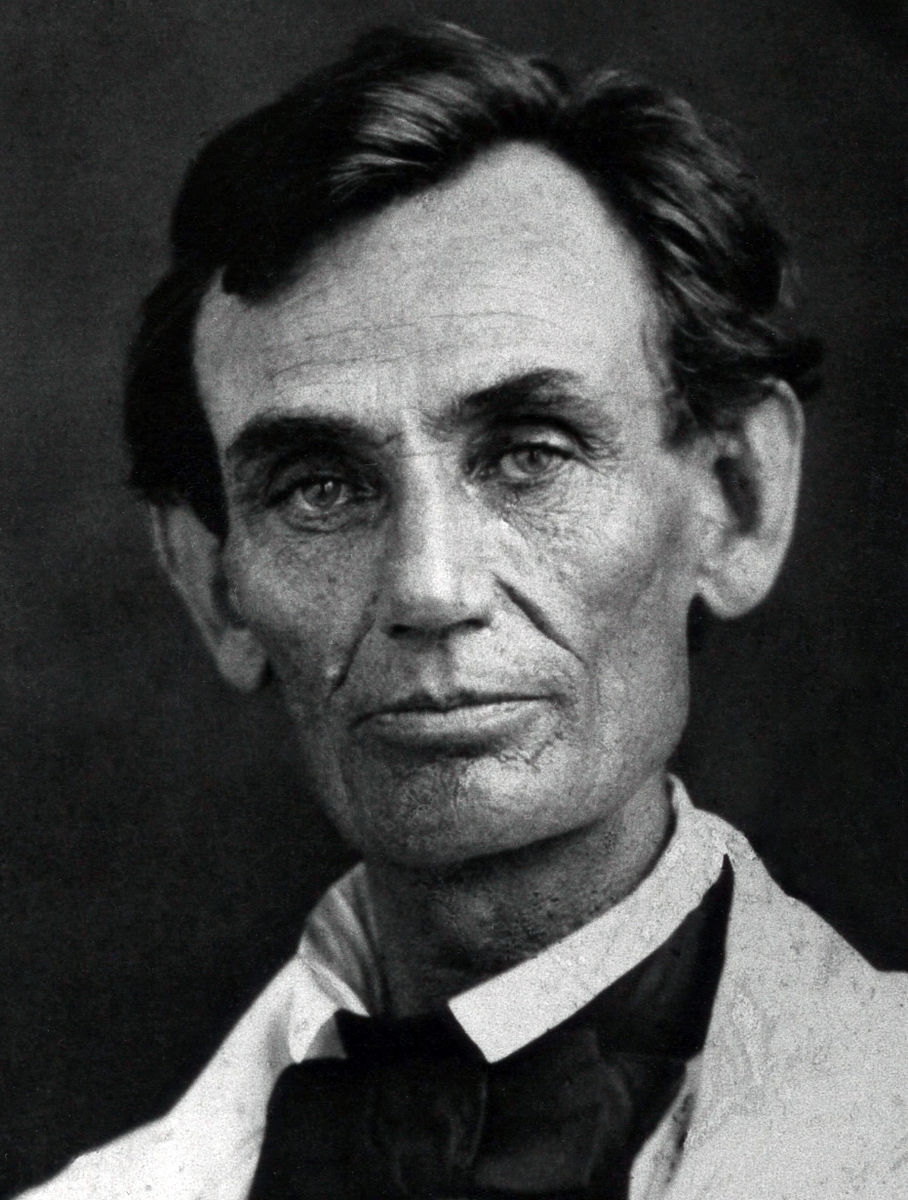
Before he ran for president, Abraham Lincoln matched up with incumbent Stephen Douglas for one of Illinois' Senate seats in 1858. The seven Lincoln-Douglas debates of the contest were focused on slavery and the fear that the practice might spread to free states like Illinois.
Douglas was a supporter of "popular sovereignty" on slavery, which would allow the people of a new state or territory to vote on the issue. He also originally supported the Supreme Court's Dred Scott decision of 1857, which denied a slave the right to sue for freedom despite being taken by his owner to Illinois and Wisconsin Territory, where slavery was illegal. In the debates, Lincoln excoriated Douglas' mental gymnastics on constitutionality and local control, saying that his notion of popular sovereignty was "as thin as the homeopathic soup that was made by boiling the shadow of a pigeon that had starved to death."
Missing a back
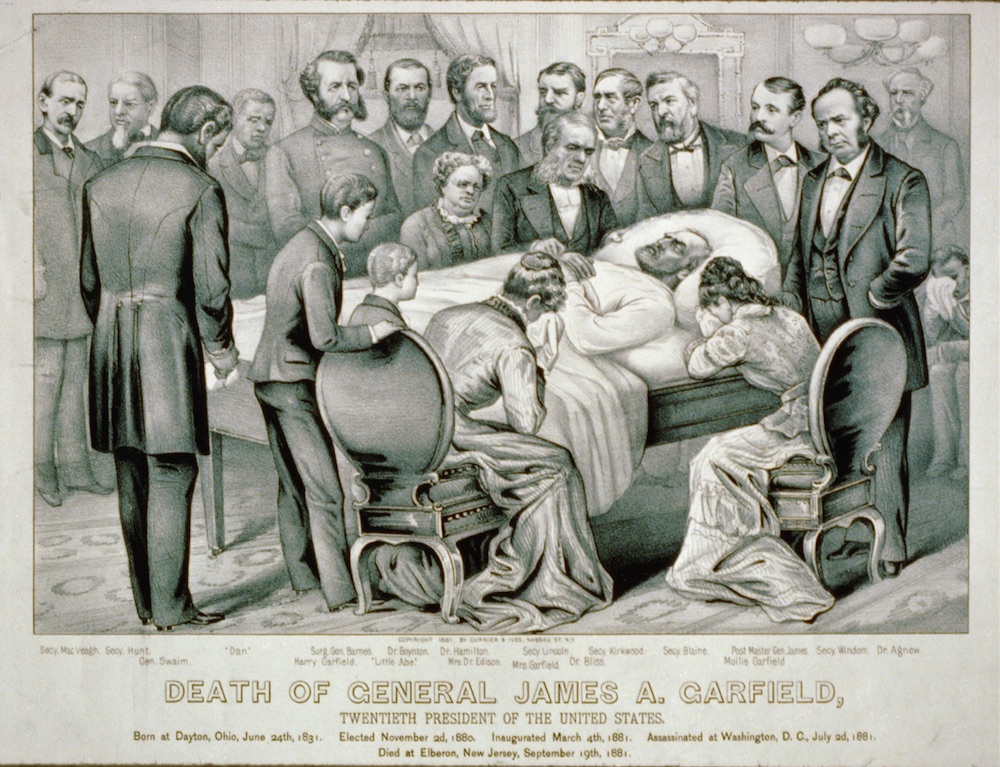
James Garfield was president for a mere six months before his assassination in 1881, but he clashed with some powerful parties during that time. Chief among them was Senator Roscoe Conkling, who was infuriated when Garfield nominated a new Collector of the Port of New York without his consent. The shuffling about of people as a result of the appointment also ended up insulting former President Ulysses S. Grant, because his friend Adam Badeau, whom Grant had appointed Consul General in London, got moved from London to Copenhagen against his will — which had the domino effect of booting Grant's brother-in-law from a post in Copenhagen and his former Secretary of State from a post in Switzerland, according to "Garfield: A Biography" (Kent State University Press, 1978).
All of this political insider drama, however, yielded a doozy of an insult from Grant toward his successor. "Garfield," he said, "has shown that he is not possessed of the backbone of an angleworm."
Again with the backbone
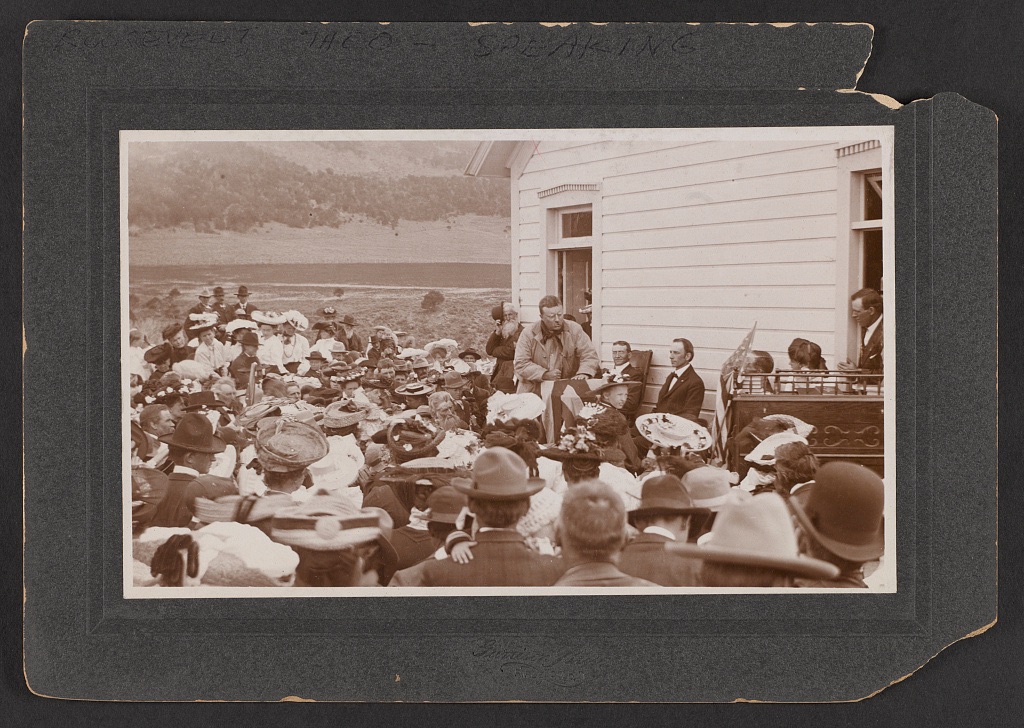
Backbone is the subject of another political insult, this one contested. Theodore Roosevelt is commonly credited with sniffling in 1898 that President William McKinley "has no more backbone than a chocolate éclair." But this is the rare bon mot that has become the subject of much controversy. The quote has also been attributed to former Speaker of the House Thomas B. Reed, who lost the Republican presidential nomination to McKinley in 1896.
In 2006, Ohio State professor emeritus Richard Hamilton wrote in Presidential Studies Quarterly that the sourcing on this famous insult is thin. The first reference, he wrote, dates back to a 1927 textbook, which itself does not provide a source. The insult may have resonated because it fit with decades of scholarship portraying McKinley as weak and indecisive, Hamilton suggested.
Halitosis of the intellect
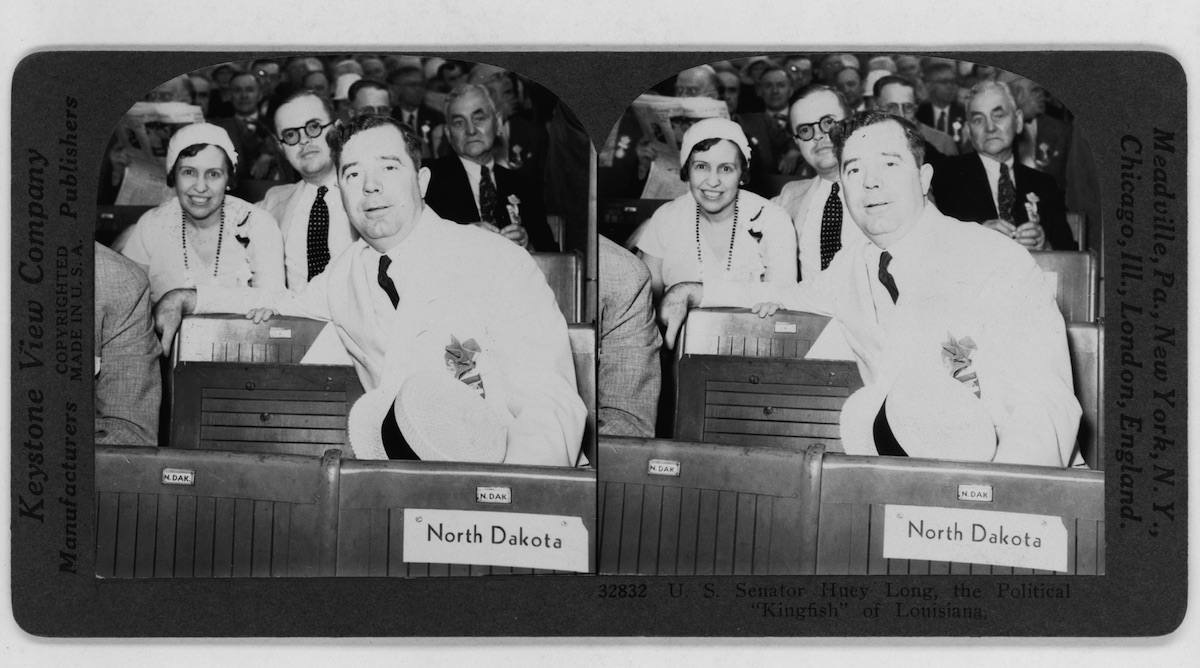
The populist senator Huey Long was a controversial figure in 1930s America. A fiery populist, Long championed the common man, battled oil companies and utilities and built a powerful political network in his home state of Louisiana.
As a senator, Long blurred the line between federal and state by drafting his own state bills, which were then passed by his friends in Louisiana's state legislature. It was this strategy that got him in trouble with the Roosevelt administration. Secretary of the Interior Harold Ickes publically complained that Long was using his power in Louisiana's government to take control of federal funding sent to the state and he threatened to cancel federal projects. Long responded with belligerence, and Ickes shot back, "The trouble with Senator Long is that he is suffering from halitosis of the intellect. That's presuming Emperor Long has an intellect."
Lie to keep his hand in
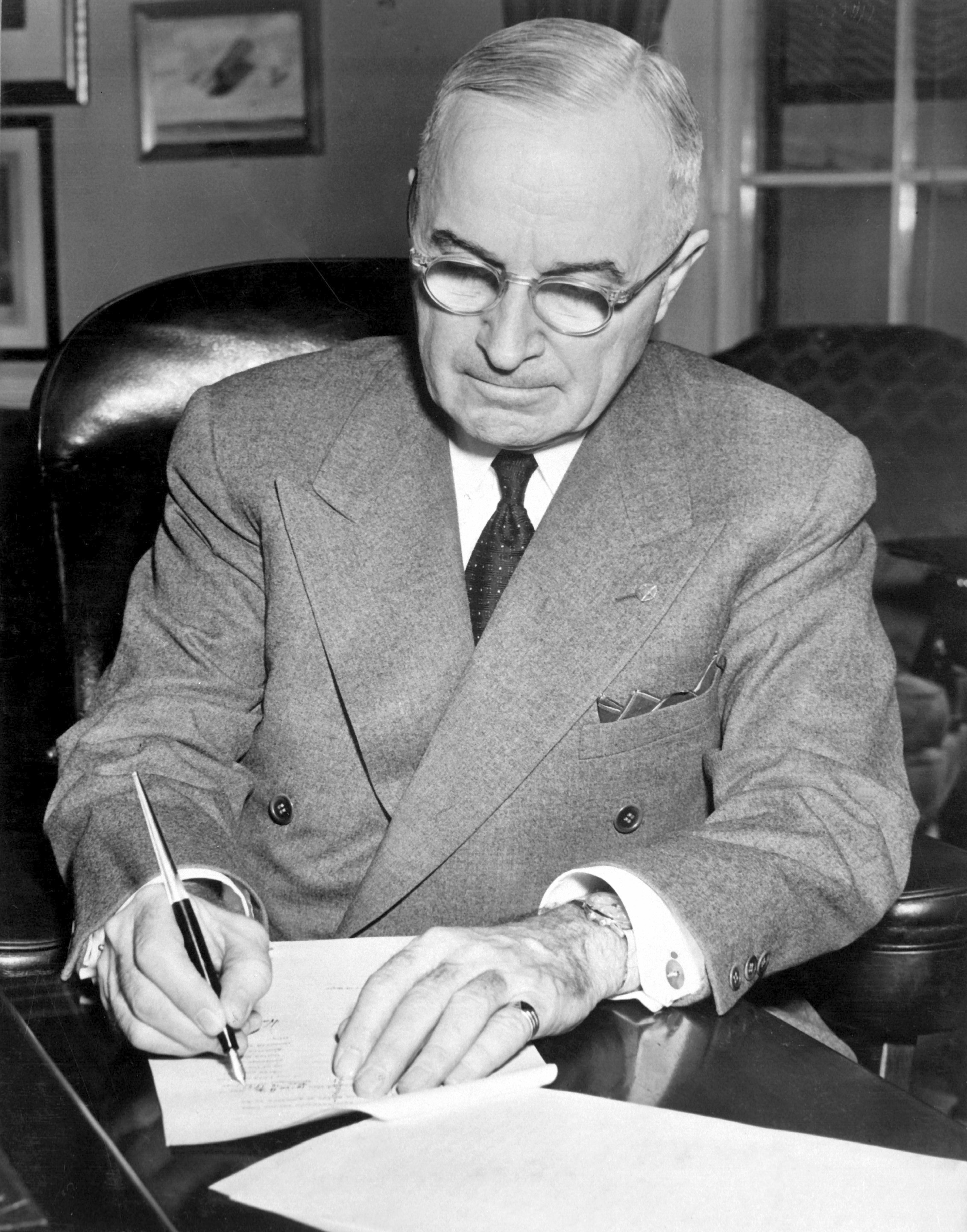
Harry Truman did not like Richard Nixon. As a congressman, Nixon called then-President Truman soft on terrorism. Truman's later comments on Nixon would be far more withering.
"Richard Nixon is a no good, lying bastard," Truman once said. "He can lie out of both sides of his mouth at the same time, and if he ever caught himself telling the truth, he'd lie just to keep his hand in."
Football without a helmet
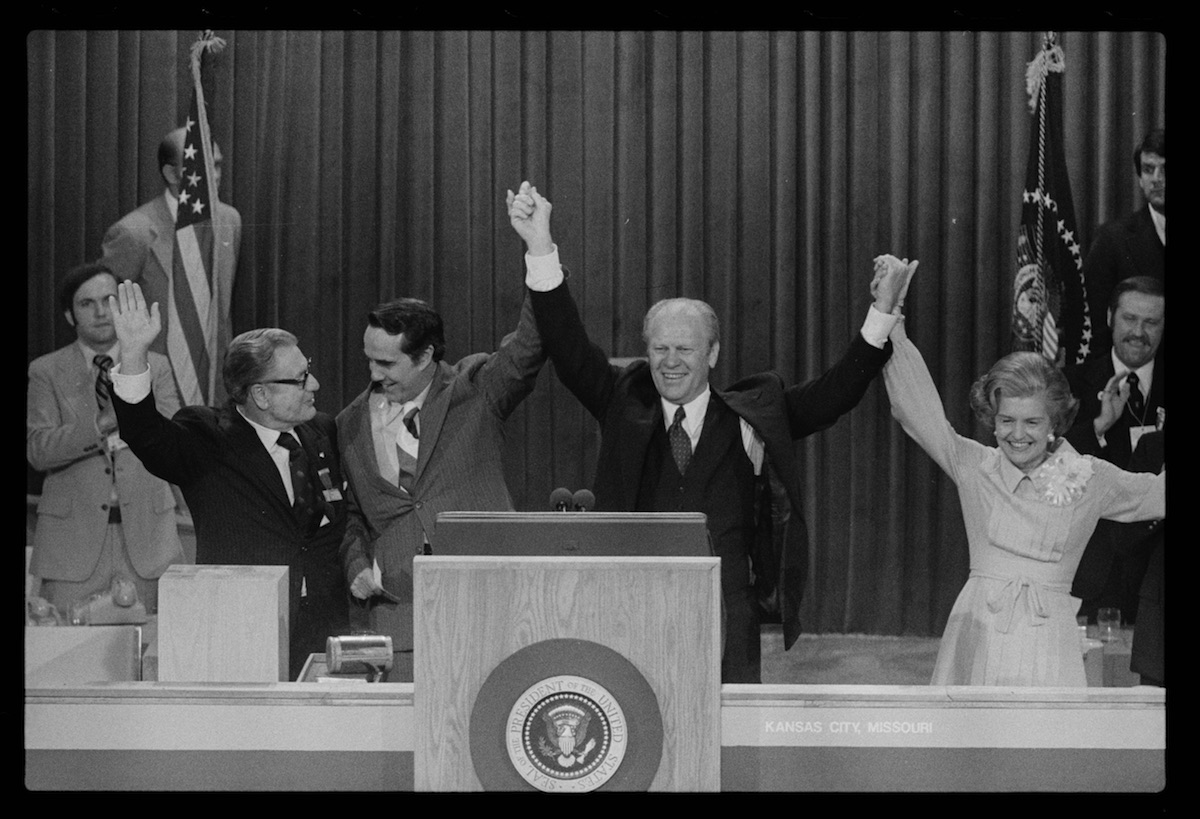
As House minority leader, future president Gerald Ford criticized President Lyndon B. Johnson's strategy in Vietnam. Johnson struck back with one of the more condescending comments in political history. Ford, he allowed, was a "nice fellow, but he spent too much time playing football without a helmet." (Ford went to the University of Michigan on a football scholarship.) That wasn't Johnson's only cutting comment about Ford. According to Ford's obituary, Johnson once commented, "Gerry Ford is so dumb he can't fart and chew gum at the same time." The press sanitized the quote to "walk and chew gum." Ford wasn't above a little self-deprecation, either. After being sworn in as vice president in 1973, he told the crowd not to expect eloquence: "I am a Ford, not a Lincoln."
No Jack Kennedy
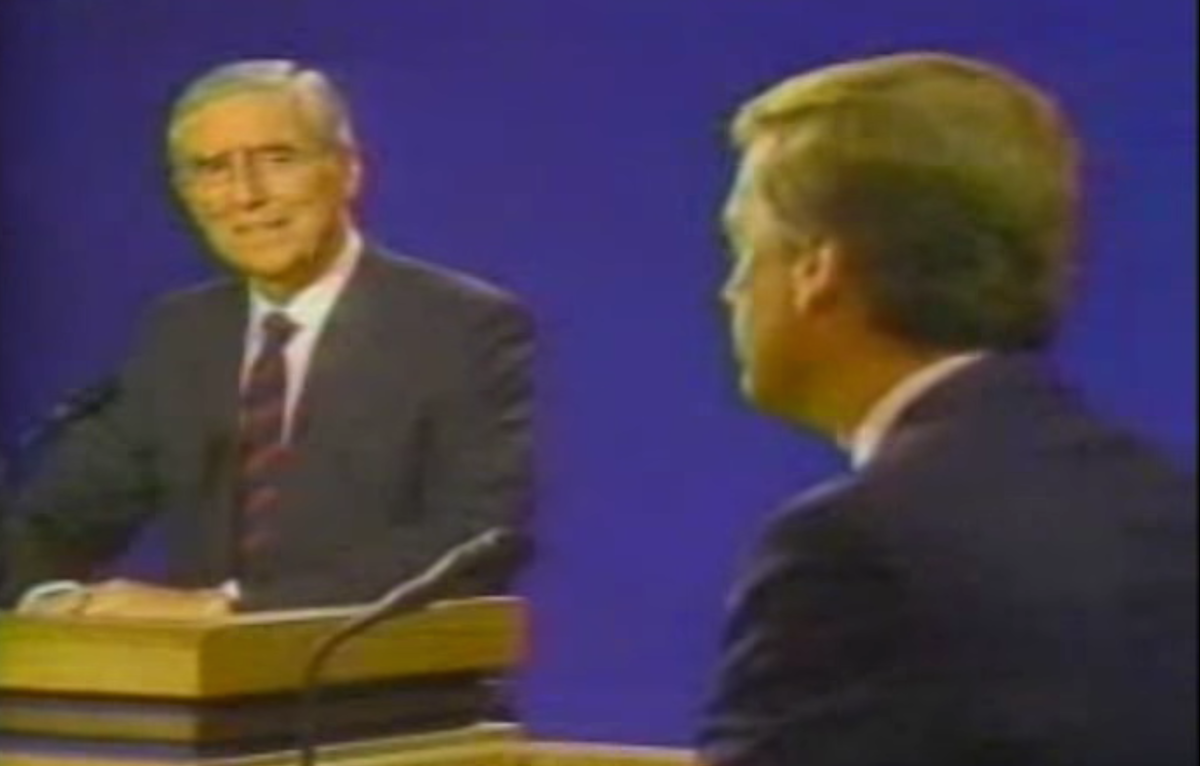
One of the most famous lines in modern debate history happened during the televised vice presidential showdown between Lloyd Bentsen and Dan Quayle in 1988. Quayle compared his level of experience with that of John F. Kennedy – and Bentsen pounced.
"I served with Jack Kennedy. I knew Jack Kennedy. Jack Kennedy was a friend of mine. Senator, you're no Jack Kennedy," he said.
The moment didn't get any less awkward from there. After applause from the audience, an affronted Quayle responded, "That was really uncalled for, Senator."
"You're the one that was making the comparison, Senator," Bentsen responded, packing disdain into the title. "And I'm one who knew him well, and frankly I think you are so far apart in the objectives you chose for your country, that I did not think the comparison was well-taken."

Stephanie Pappas is a contributing writer for Live Science, covering topics ranging from geoscience to archaeology to the human brain and behavior. She was previously a senior writer for Live Science but is now a freelancer based in Denver, Colorado, and regularly contributes to Scientific American and The Monitor, the monthly magazine of the American Psychological Association. Stephanie received a bachelor's degree in psychology from the University of South Carolina and a graduate certificate in science communication from the University of California, Santa Cruz.


